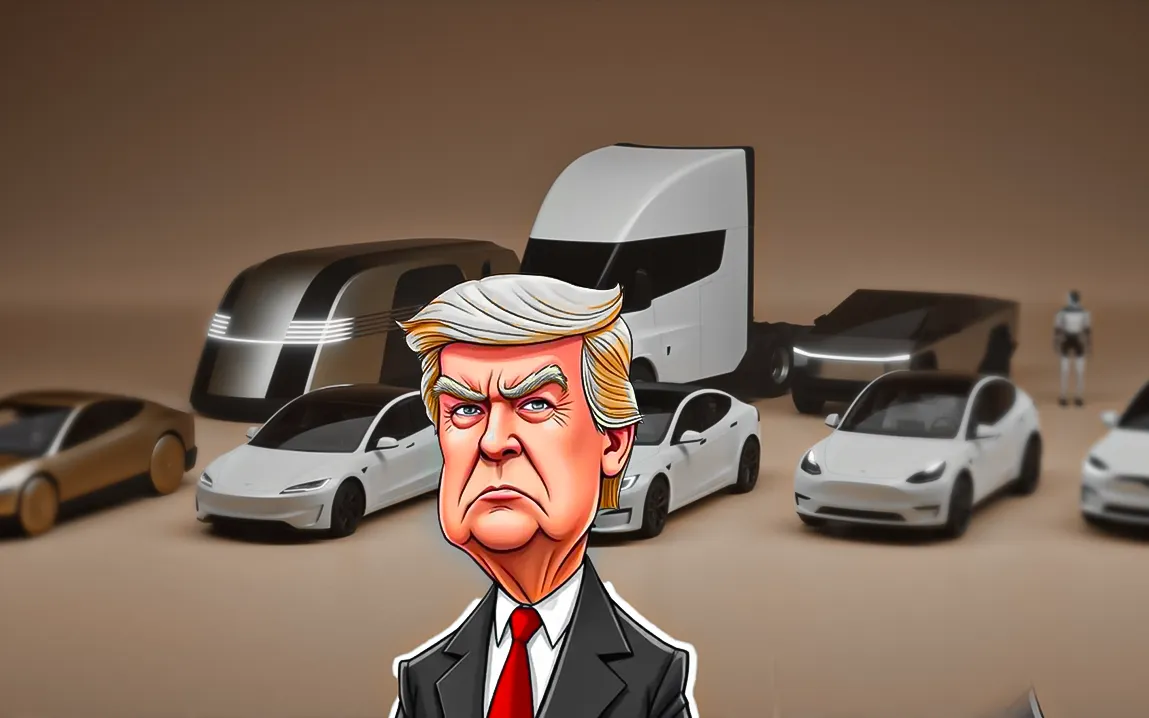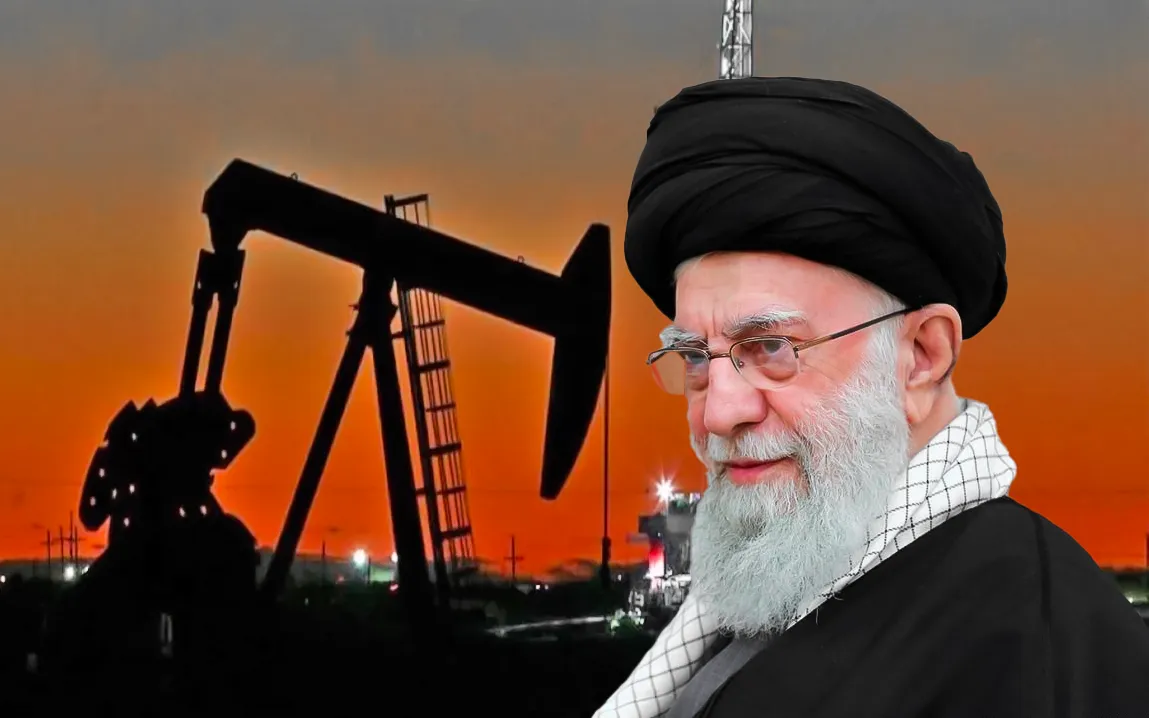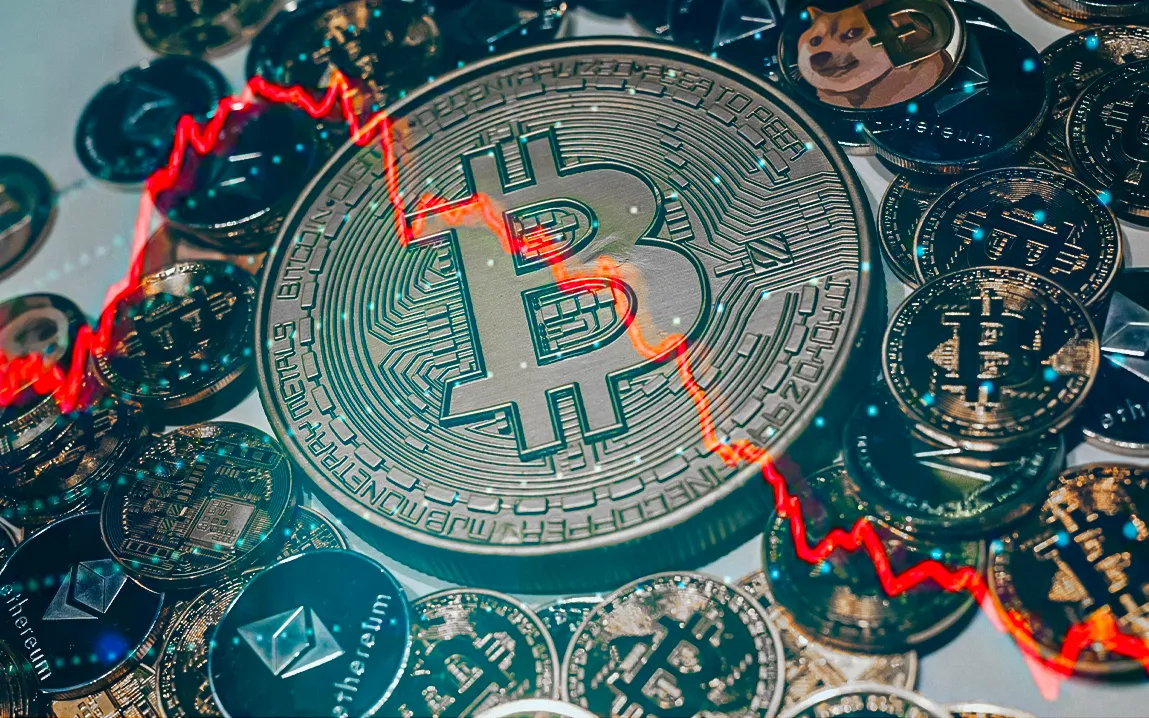Unexpected Tariff Hike Derails Tesla’s Schedule
Tesla had planned to start trial production of its much-anticipated Cybercab, a fully autonomous robotaxi, by October 2025, with full-scale manufacturing to follow in 2026. The Semi, Tesla’s electric long-haul truck, was also scheduled to roll off production lines in Nevada soon.
But then came the tariff bombshell.
Tesla was prepared for a 34% duty on key Chinese parts—but instead, the rate jumped to a staggering 145%. That sudden spike forced the company to halt all shipments of affected components from China.
“It was manageable… and then it wasn’t”
A source familiar with Tesla’s supply chain said:
“Tesla had expected a 34% duty on Chinese imports. The company was prepared to absorb that cost. Then the figure jumped to 145%. That changed everything.”
The surprise hike caused production plans to be put on hold immediately, affecting both the Cybercab, which was expected to be assembled in Texas, and the Semi, produced in Nevada.
Why This Tariff Matters
At the core of the issue are complex vehicle control modules—vital parts that Tesla currently imports from China. These modules are integral to Tesla’s autonomous driving systems, making them nearly impossible to replace without redesigning the tech.
Without them, Tesla simply can’t proceed.
Chinese Retaliation Adds Pressure
This move from the U.S. comes amid broader trade tensions. Just last week, Tesla stopped accepting new orders for its U.S.-made Model S and Model X vehicles in China.
The company hasn’t explained why, but industry watchers believe it’s linked to Beijing’s own countermeasures—possibly in retaliation for increasing American tariffs.
Tesla Looks for Alternatives
Tesla is now scrambling to diversify its supplier base and shift more sourcing to North America to minimize exposure to future trade shocks.
But reworking global supply chains is not something that happens overnight. Even for a company as agile as Tesla, adjusting to this scale of disruption takes time—and money.
What This Means for Tesla’s Future
This isn’t just a hiccup. For Tesla, the delay is a blow to its ambitions of rolling out autonomous robotaxis and zero-emission freight trucks—two projects Elon Musk has been aggressively championing as part of Tesla’s future roadmap.
While production hasn’t been officially canceled, the timelines are now unclear. And with global trade tensions showing no signs of cooling, Tesla—and the EV industry as a whole—may need to brace for more uncertainty.



